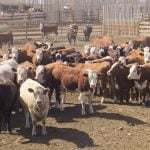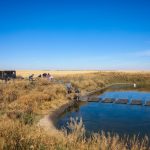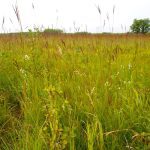The Canadian Food Inspection Agency revised the Transportation of Animals regulations a few years ago. Among other things, the revised regulations require longer and more frequent feed, water and rest stops during long-haul transport. Over the past few years, this column has summarized three research trials conducted by Dr. Karen Schwartzkopf-Genswein’s team at Agriculture and Agri-Food […] Read more














